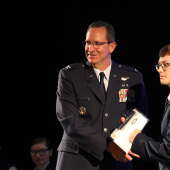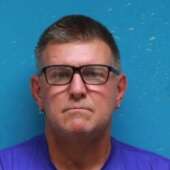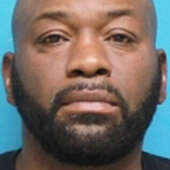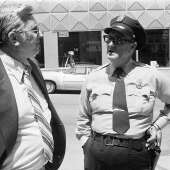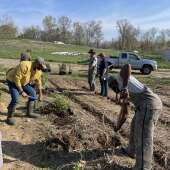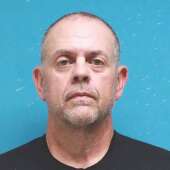What caregivers need to know about hospice
Saturday, May 12, 2018 ~ Updated 9:32 AM
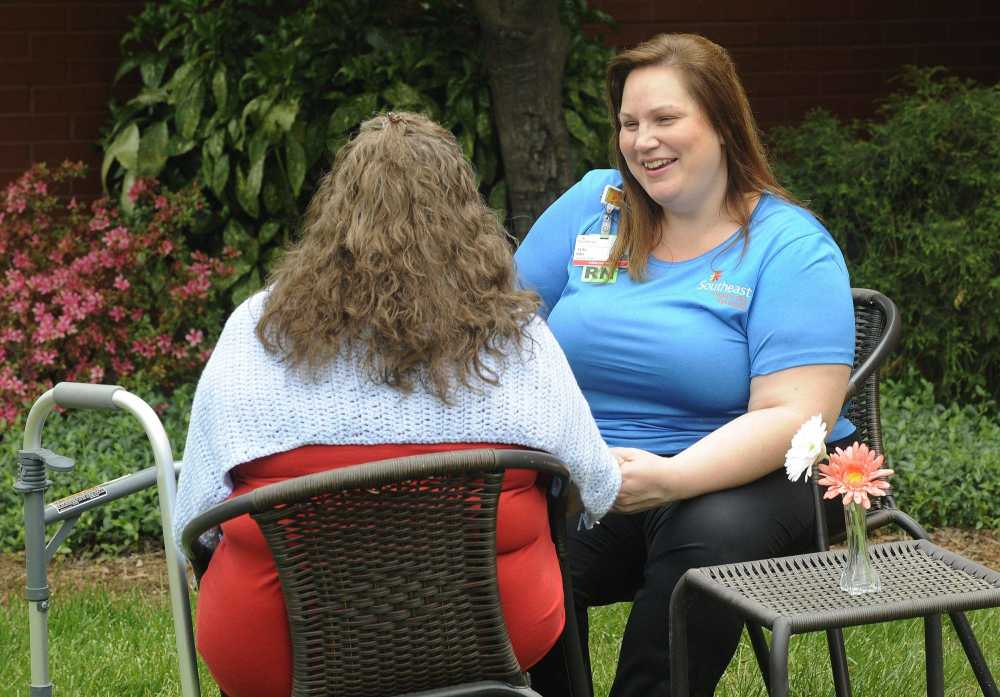
When a loved one's life is near the end, hospice is a peaceful solution for many families. Caregivers can find help and support through the staff at Southeast Hospice.
Vickie Schnurbusch, MSN, RN, CHPN, Southeast Home Care Service Administrator, says, "Hospice is guidance and support for the patient when there is no cure. We redirect their hope to alleviate their worries and assure them in their goals."
Donald Edwards, M.D., Southeast Hospice Medical Director, explains that hospice is care that aims at making patients comfortable and focuses on quality of life, whether in the patient's home or in a nursing home. He says, "Hospice is not giving up; it is making the most of the time you have left."
Southeast Hospice provides relief for common issues like nausea, anxiety and pain. One of the most common myths about hospice is regarding the fear of using morphine to treat symptoms. The truth is, morphine is "very safe and effective when properly used," according to Dr. Edwards. The program offers spiritual support and financial advice in addition to personal care for patients and counseling assistance to guide patients and families in order to reduce the fear of the unknown that accompanies a life-limiting illness.
Chuck Rosenkoetter from Jackson enlisted the help of Southeast Hospice when his mother-in-law's health deteriorated. Southeast Hospice provided in-home care for 91-year-old Mary Poole in Rosenkoetter's home.
Rosenkoetter was impressed with the hospice staff's support in his role as Poole's caregiver. He says, "They always went the extra mile and were never in a hurry. The staff was loving and kind toward Mary and helped us look on the positive side."
Schnurbusch says the Southeast Hospice staff are highly qualified and dedicated. She says, "People say that working in hospice must be hard, but it's actually very rewarding. Many families express deep appreciation for the care and compassion provided to them during this difficult time, and often convey they wish they would have made the decision to begin hospice sooner."
Crystal Montgomery, LCSW, Southeast Hospice Bereavement Counselor, takes over when the patient passes away. She assists families in a bereavement program for 13 months following the death. Families can opt for in-home visits or phone calls depending where they are in the grief journey.
Any family member or close friend of the deceased can take part in the bereavement program. The program includes grief education, counseling and support. Southeast Hospice also offers a monthly grief support group open to anyone to attend.
Every October, Southeast Hospice sponsors a free one-day grief camp for children. This camp is open to children ages 6-15 in the community who has experienced a loss, whether through hospice or not. Southeast Hospice is the only organization in the area that offers this kind of grief program for children.
Another sponsored event is the annual memorial service held in November to help families before the holiday season begins. Open to all community families who have experienced loss, the service allows people to offer a eulogy or memorial for their deceased loved ones.
Montgomery says, "Grief is one of the hardest experiences a person goes through in their life. We don't want anyone to go through it alone. Our goal is to help them adjust after significant loss."
The sooner a family can sign up for hospice care, the better. Schnurbusch says, "We need time to build trust with the family and manage the patient's symptoms to provide the best possible outcome."
Southeast Hospice offers free informational visits to patients and families, as well as, a Speaker's Bureau to provide free education to any community organization on a variety of topics. For more information about Southeast Hospice, call (573) 335-6208.








